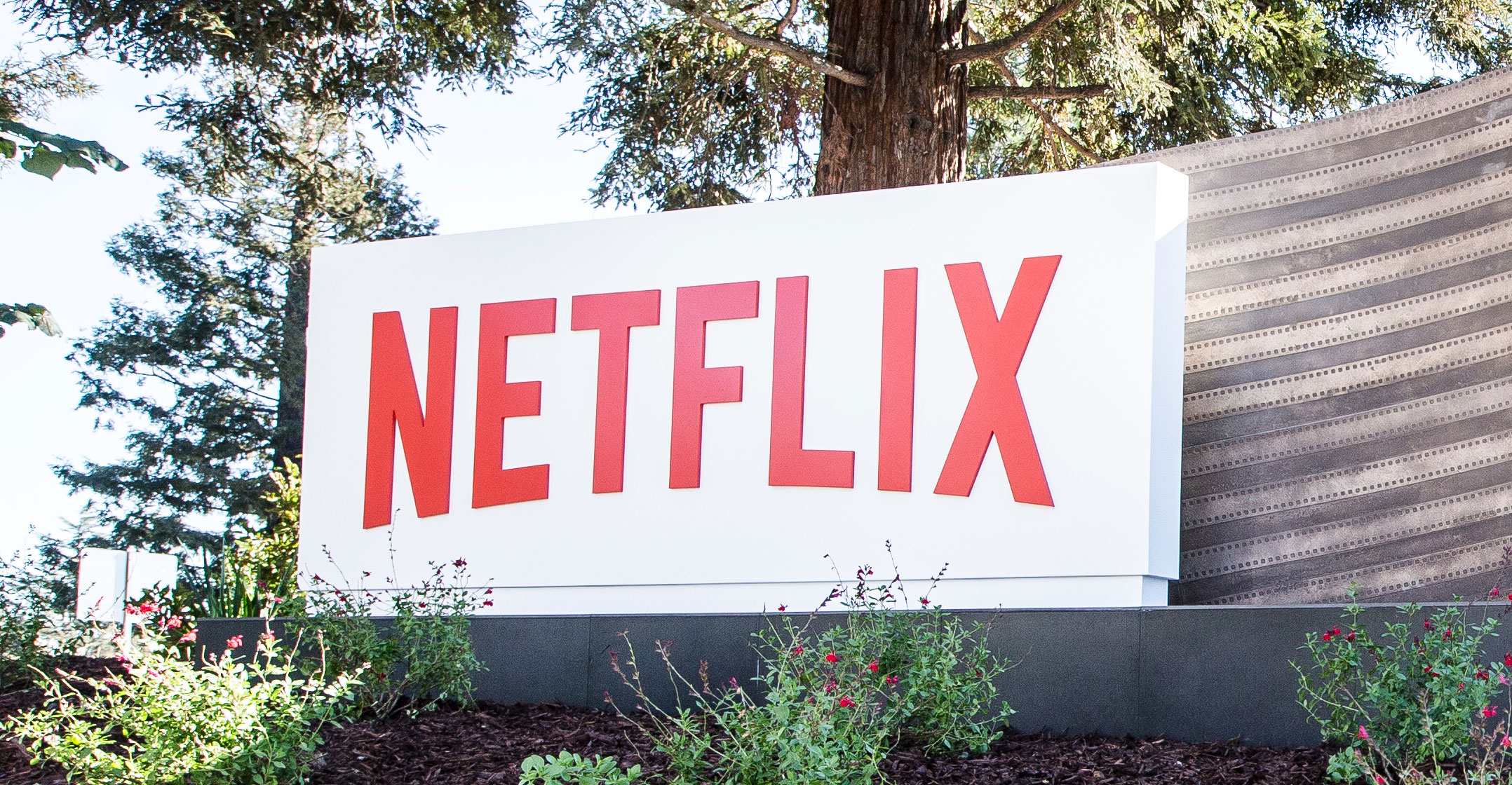
Netflix will temporarily reduce the quality of videos on its platform to ease pressure on Internet service providers during the coronavirus outbreak.
The platform, which is home to shows including Stranger Things and The Crown, will drop the video bit rate for 30 days, following calls from the EU’s European Commissioner for internal markets, Thierry Breton.
It comes as people in the region resort to working from home and self-isolation, while other parts of Europe are subject to lockdowns. The measures include the UK, too.
Netflix expects the move to cut its European traffic by about 25% but assured users they will still be able to deliver a “good quality service”.
“Following the discussions between commissioner Thierry Breton and Reed Hastings – and given the extraordinary challenges raised by the coronavirus – Netflix has decided to begin reducing bit rates across all our streams in Europe for 30 days,” a spokeswoman said.
“We estimate that this will reduce Netflix traffic on European networks by around 25% while also ensuring a good quality service for our members.”
Breton praised Hastings for showing a “strong sense of responsibility and solidarity” on the issue. “Social distancing measures to fight the coronavirus lead to increased demand for Internet capacity be it for teleworking, e-learning or entertainment purposes,” he said.
‘Prompt action’
“I welcome the very prompt action that Netflix has taken to preserve the smooth functioning of the Internet during the Covid-19 crisis while maintaining a good experience for users. Mr Hastings has demonstrated a strong sense of responsibility and solidarity. We’ll keep closely in touch to follow the evolution of the situation together.”
ISPs in the UK have insisted they are “ready” to handle extra broadband demand from people at home during the pandemic.
Last week, Andrew Glover, chairman of the Internet Services Providers’ Association, which represents the industry, said: “ISPs are ready to handle any potential extra bandwidth and consistently assess the demands that are being put on their networks.”



